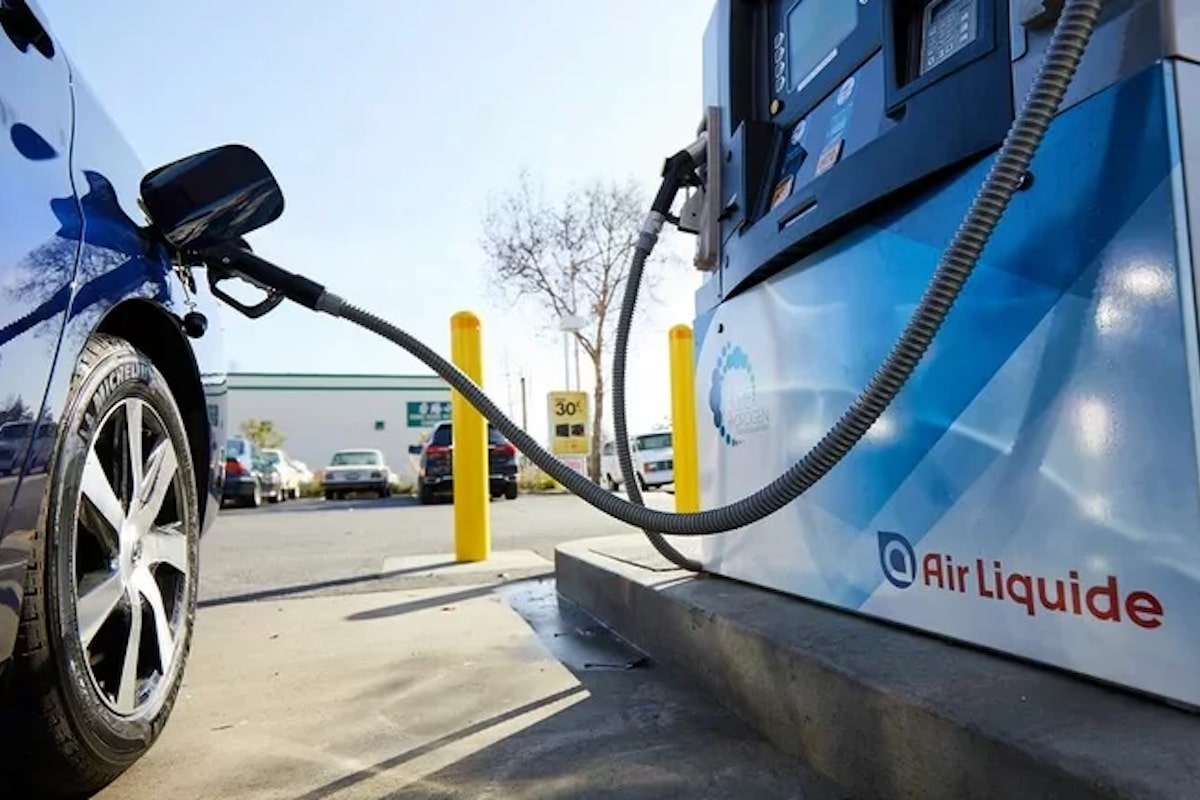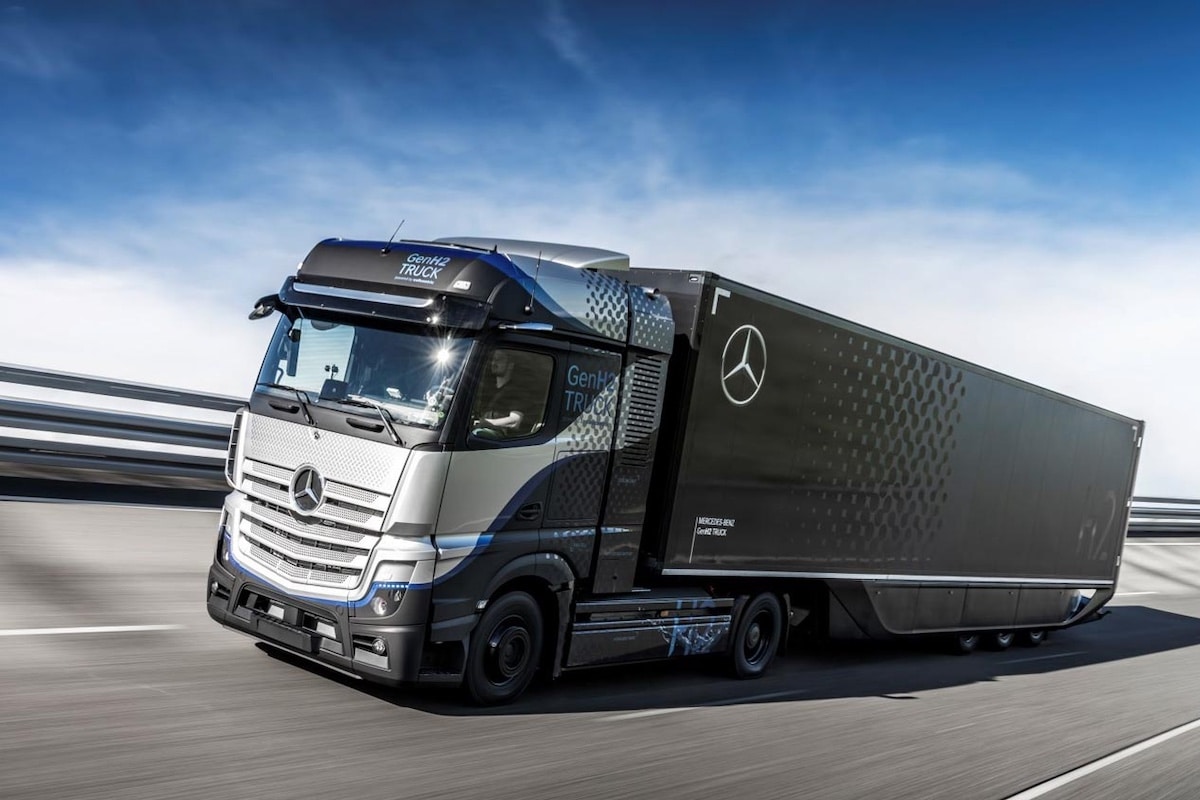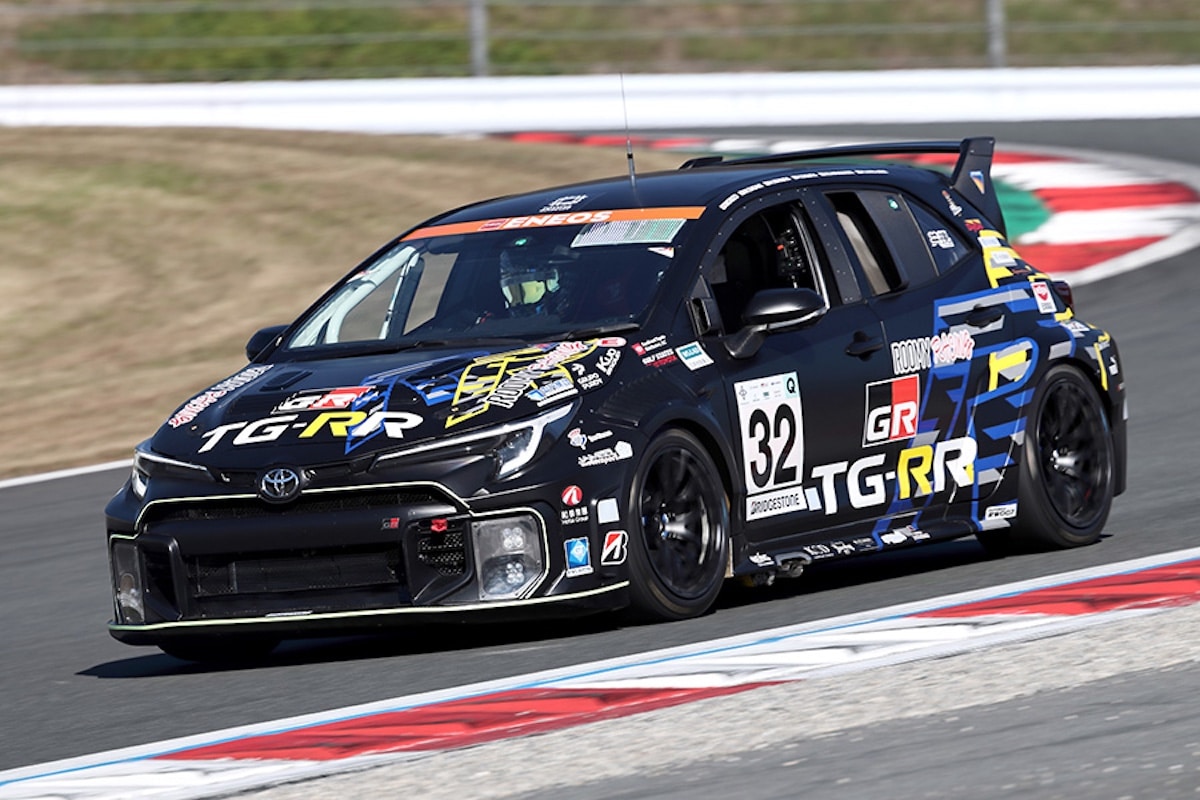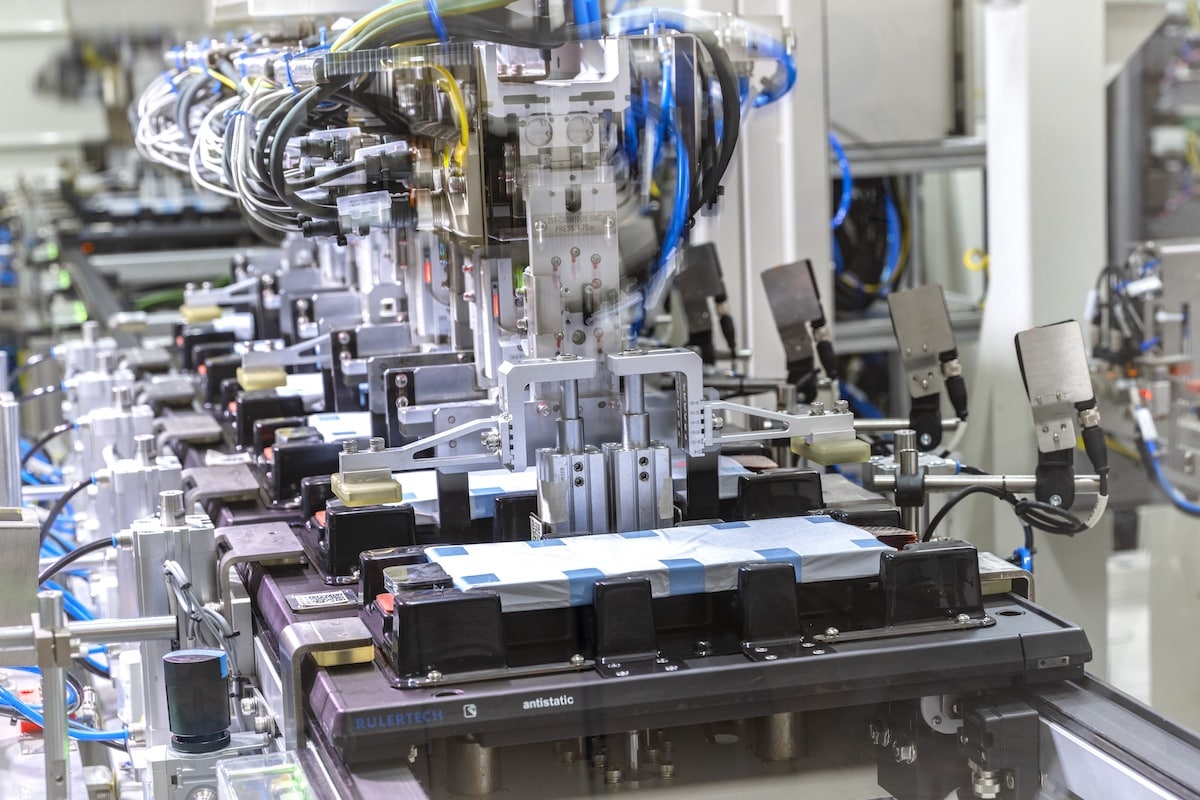Hydrogen Leads Under the French Flag!
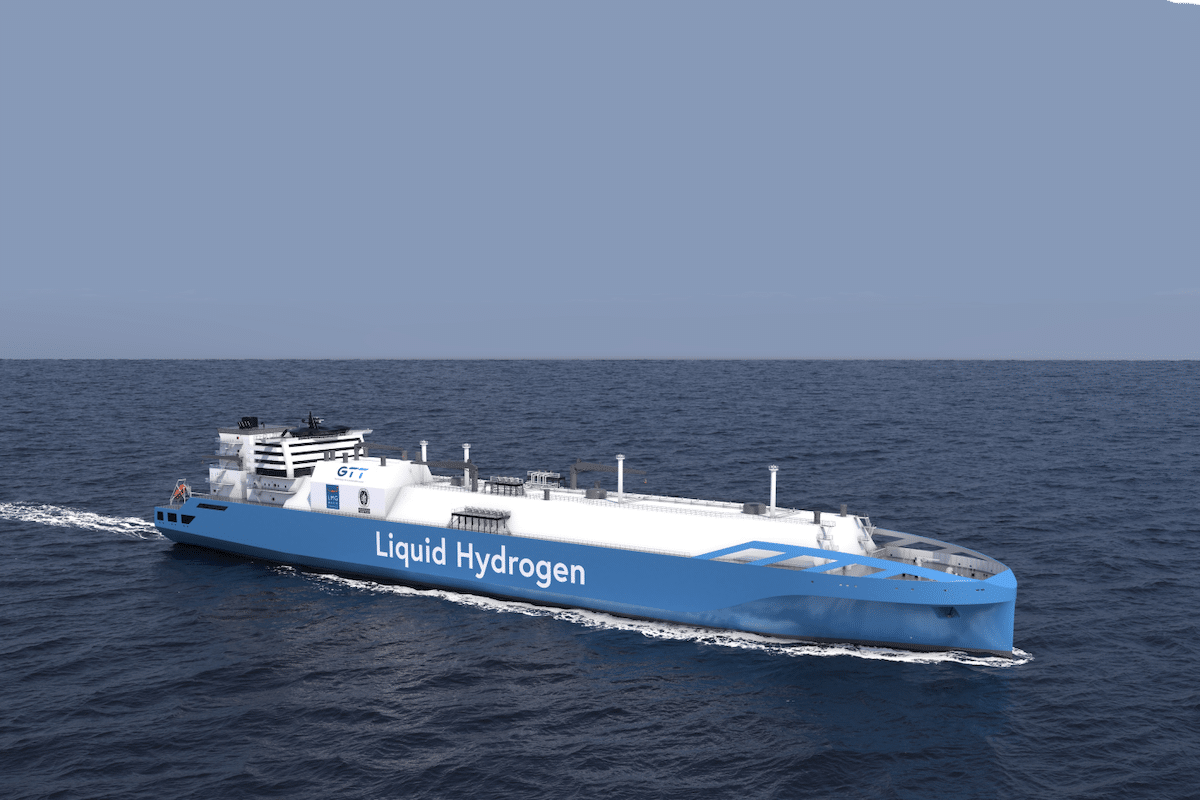
TotalEnergies, GTT, LMG Marin France and Bureau Veritas make a major breakthrough for the transportation of liquid hydrogen.
The consortium of French companies is innovating in the energy sector by developing a high-capacity vessel designed to transport 150,000 m³ of liquid hydrogen (LH2). Equipped with a specialized membrane containment system, this project marks a decisive step in integrating hydrogen as a key element of the energy transition. An in-depth study was conducted to evaluate the ship’s design, equipment, containment system, and propulsion. This success relies on the combined expertise of the partners in the fields of energy and maritime cryogenic transportation.
TotalEnergies defined the operational specifications of the ship, incorporating ambitious goals for reducing CO2 emissions to meet future decarbonization needs. GTT, for its part, designed the membrane containment system capable of managing the unique challenges of transporting hydrogen at very low temperatures (-253 °C). This expertise also helped optimize the management systems for gas and liquid to maximize safety and performance.
LMG Marin France handled the ship’s design, seamlessly integrating the requirements of the containment system and propulsion. Bureau Veritas carried out a thorough risk assessment and validated the designs according to current regulatory and industry standards.
This collaboration resulted in two Approvals in Principle (AIPs) from Bureau Veritas: one for the containment system, and the other for the overall ship design. These approvals confirm the robustness of the strategic choices and the suitability of this vessel for the future needs of the hydrogen market.
This project proves the feasibility and viability of large-scale hydrogen transportation, while laying the groundwork for transporting other alternative fuels. An essential step towards global decarbonization objectives.
ALSO READ: Hyundai Wants to Make Hydrogen Super Fun!
This page is translated from the original post "L’Hydrogène bat pavillon français !" in French.
We also suggestthese articles:
Also read
